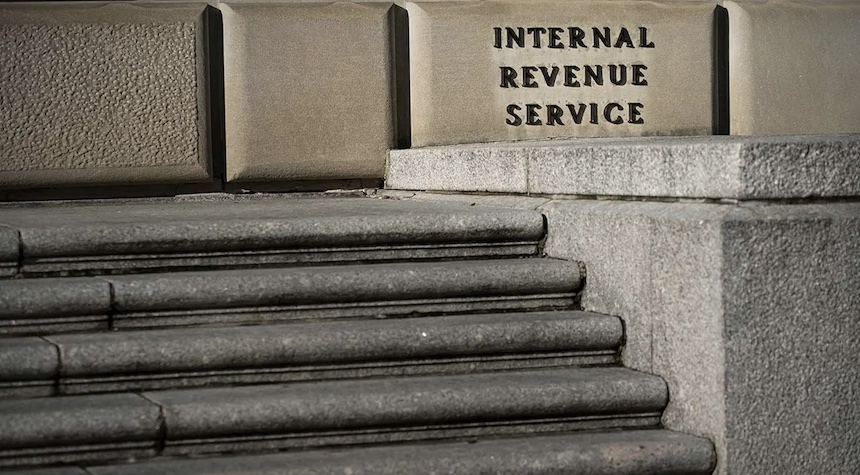The IRS announced on Tuesday that it is delaying a controversial tax reporting requirement targeting Americans who made more than $600 online through third-party payment apps like Venmo or PayPal.
The rule change – approved by Democrats in March 2021 with the passage of the American Rescue Plan – would have required payment platforms, including Venmo, PayPal, Etsy, and Airbnb, to send Form 1099-K to the IRS and users if their transactions totaled more than $600 over the course of the year.
The IRS is treating 2023 as an “additional transition year.” This means that users of payment apps are not required to submit Form 1099K unless their gross income exceeds $20,000, or they make 200 transactions within a calendar year. By 2024 the reporting threshold will be increased from $600 to $5,000.
The IRS has delayed reporting for the second consecutive year.
Danny Werfel, the IRS commissioner, stated in a press statement that “this stepped-in method will ensure tax administration while avoiding unnecessary confusion.” “It’s clear that a further postponement for tax year 2023 will avoid problems for both taxpayers and tax professionals.
This rule only applies to payments for goods or services. Venmo or PayPal payments for roommate rent are not included. If a sofa was bought for $300 and sold for $250 then the money received will not be taxed.
PayPal previously stated that it does not include the payment of gifts, dinners, or shared trips to friends and family via Venmo or PayPal.
The law is designed to punish Americans for failing to declare their gross income. Some critics say this is the worst kind of government overreach and that it could harm small businesses.
Business owners are already required to report this income. Now, the IRS can determine how much the business owner made from cash apps regardless of the amount they report on the 1099K.
Businesses and individuals can use Form 1099K to report payments received for goods and services during the calendar year. Certain amounts are exempt from taxation and excluded from gross income, including amounts from items sold for a loss, or amounts reimbursed.
Once implemented, the lower threshold for reporting online income could bring millions of Americans online. According to the Pew Research Center, roughly one-fourth earn additional income from renting their home out, selling online, or working on digital platforms.
Werfel said that after collecting feedback for many months from different groups, they felt it necessary to take more time before implementing the new reporting requirements.

